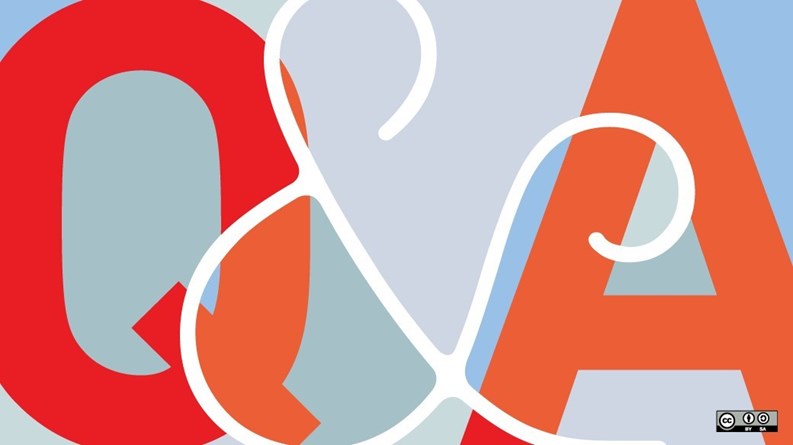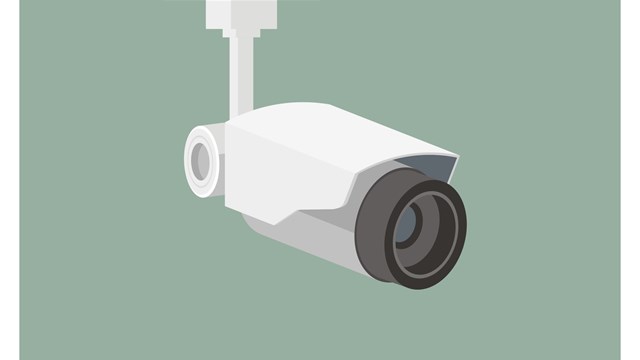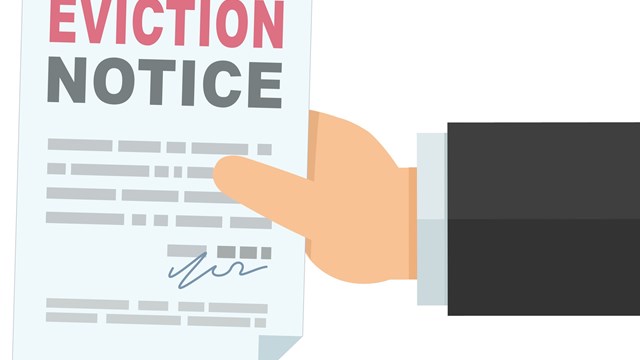---Concerned Daughter
As for Medicaid, eligibility is determined based on income or resource limits established by the state.Because these limitations change annually it is important to consult an experienced elder law attorney. Currently, the monthly income limit for an individual is $735.00. For a family of two, the limit is $918.00.As a result, if the mother’s monthly income exceeds $735.00, she would likely not qualify for Medicaid.
Similarly, the resource or asset limit for an individual is $14,250.00. For a family of two, the resource limitation is $20,850.00. Exempt from the resource limitation is a primary residence, or homestead, defined below.Also exempt is a one car and household property.
The apartment may qualify for the homestead exemption if it is the mother’s primary residence. The apartment remains exempt as long as she lives there.It should be noted that as of 2011, the homestead exemption limits the amount of equity that can be owned in the apartment to approximately $750,000.
However, if the mother moves into a nursing home and is not expected to return, the apartment would no longer qualify for the exemption. In this instance the mother could transfer the apartment to her daughter provided the daughter has lived in the apartment for 2 years and has been providing care to the mother.
If the daughter has not provided care to the mother or has not lived in the apartment for two years, then the mother may be ineligible for nursing home Medicaid for a ‘penalty period.’ Because the ‘penalty period’ can vary depending on the type of transfer, it is important to consult an elder law attorney to determine what the length of the ‘penalty period’ will be.
It should be noted that nursing home care is distinct from community care.Community care is traditional home care, acute hospital care, physicians, pharmacy services and related service.Because the period of ineligibility applies only to nursing home care, the mother can receive community Medicaid immediately after transferring the apartment with no waiting period.
As a result if the mother is interested in moving into a nursing home or receiving care from a Long-Term Home Health Care program, known as a ‘nursing home without walls’ or Lombardi program, she should consult an elder law attorney prior to making the transfer to the daughter.







Comments
Leave a Comment